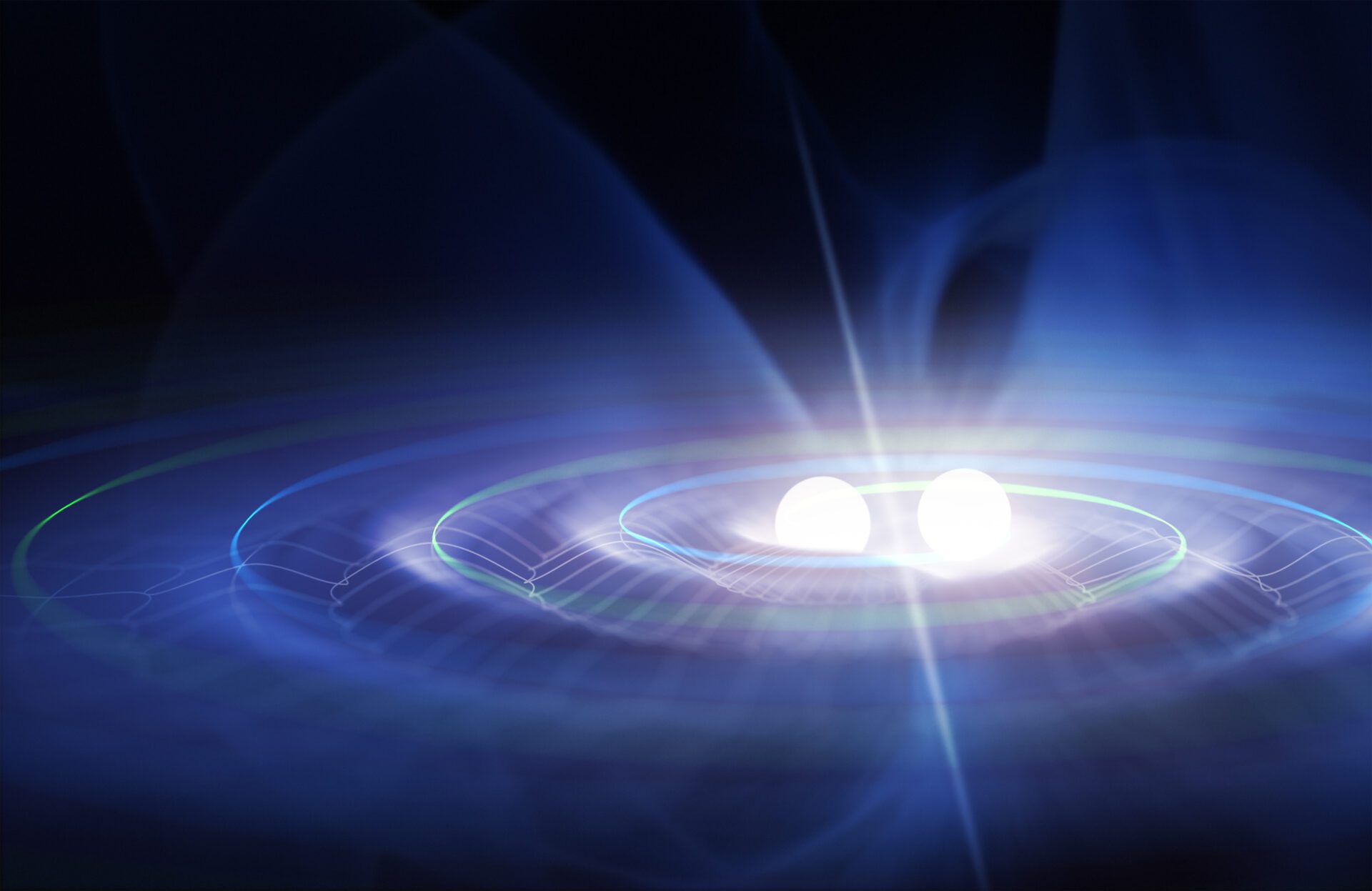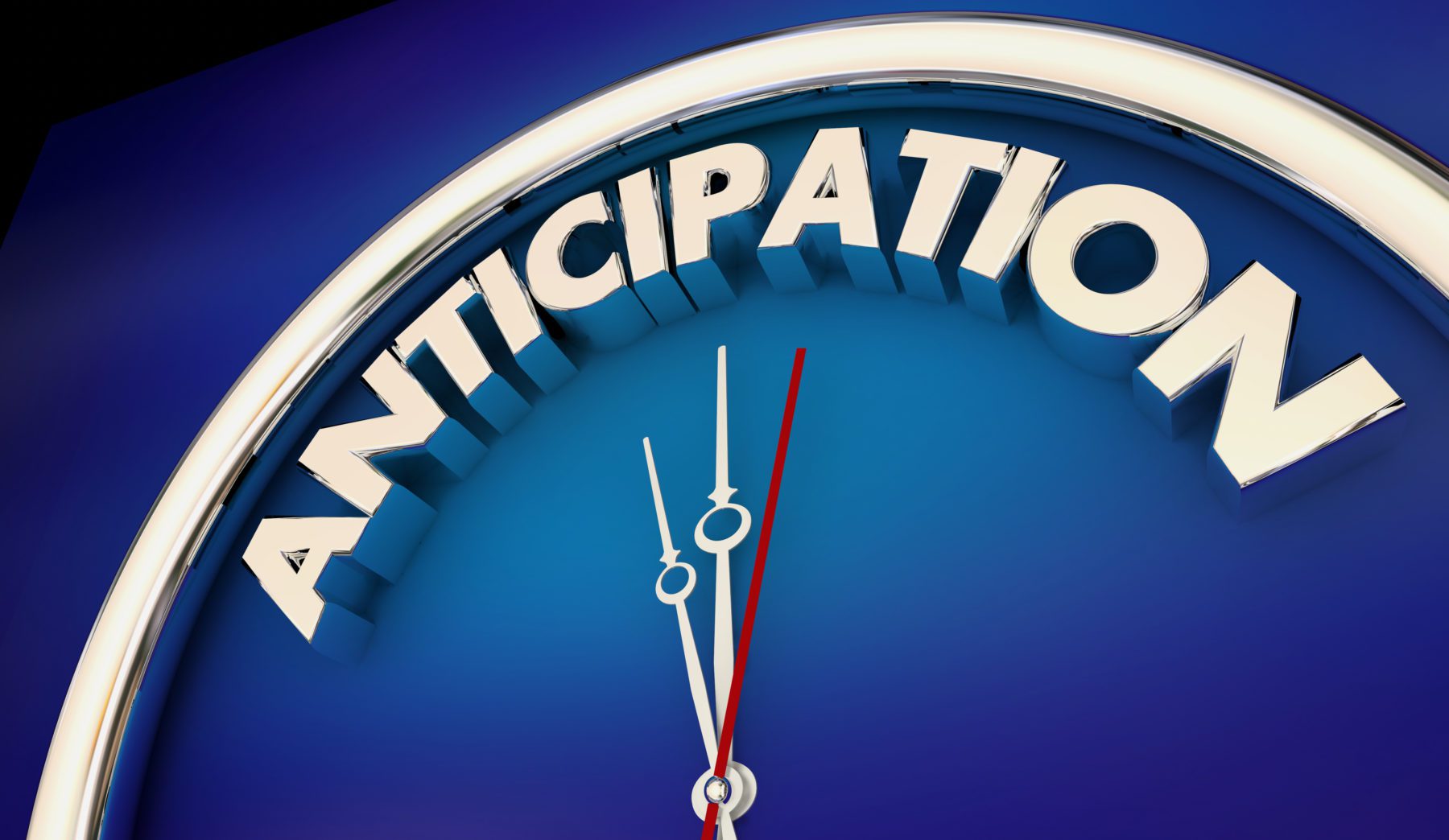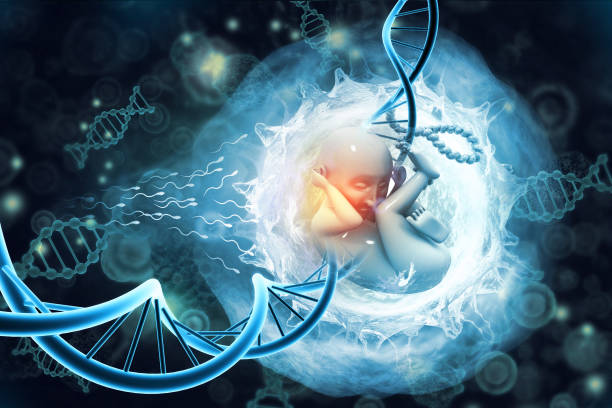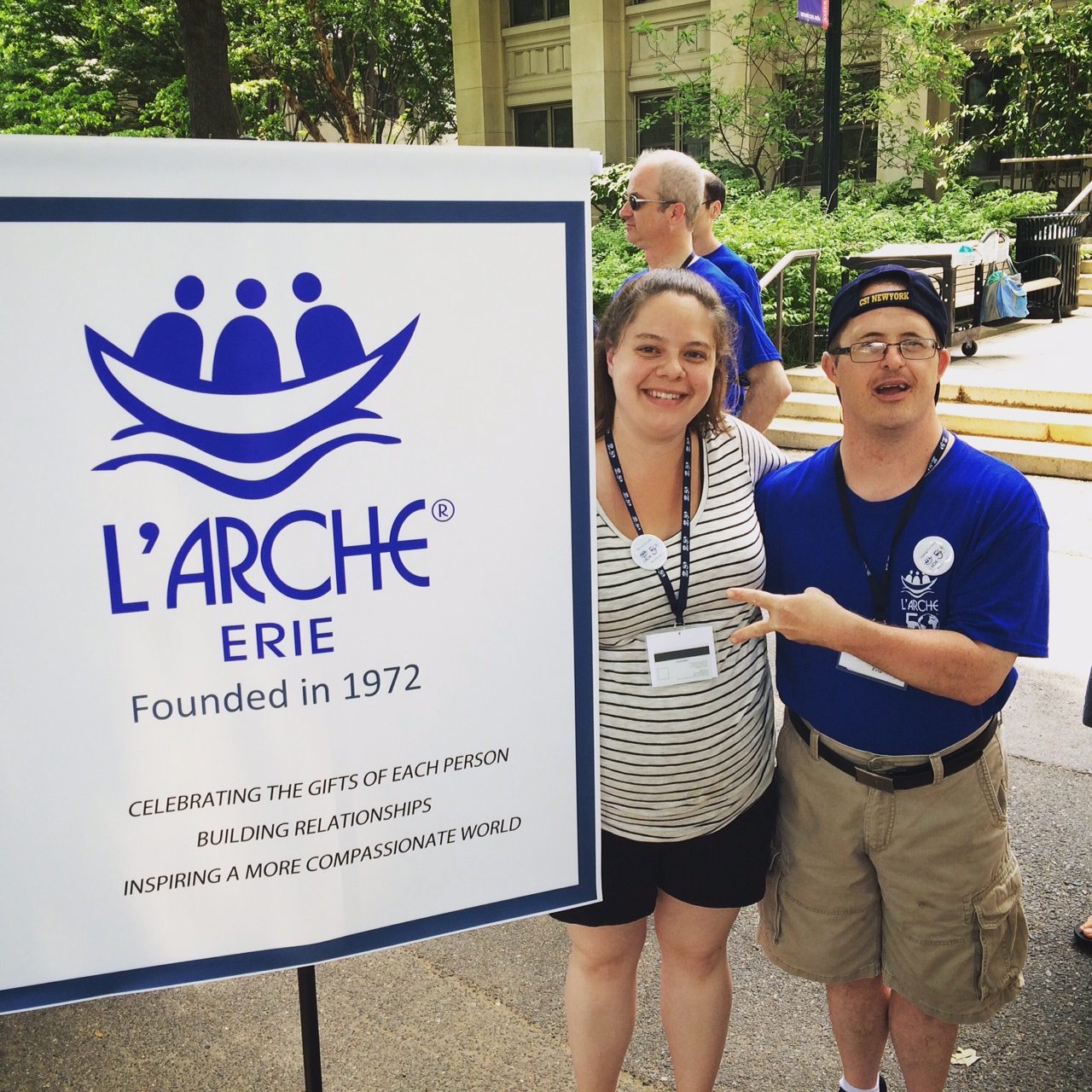Possible Preaching Themes
Possible Scientific Resources
- Word of God Sunday: What do we mean by the “Word of God”? What are we celebrating?
- Luke promises to offer a sure, well-ordered introduction to Jesus that can be trusted (aspheleia); how, in an era of “fake news,” can this be an invitation we want to embrace.
- Consider the story of the priest-scribe Ezra and the beginning of Luke’s Gospel as episodes in the larger story of how the gift of the Bible came to be.
- The science of information
- John Polkinghorne’s essay on God’s work within creation from a quantum physics perspective as an “input of pure information” https://www.cis.org.uk/serve.php?filename=scb-7-2-polkinghorne.pdf
- An extensive MA thesis on how information concepts from physics and computing have contributed to the dialogue between science and theology; start with conclusions pp. 230-234 https://core.ac.uk/download/pdf/43164577.pdf
- The physics of sound
- A thorough description of sound waves and music https://www.physicsclassroom.com/class/sound
- A series of short videos from NASA on sound https://www.nasa.gov/specials/Quesst/science-of-sound.html
- A brief exploration of the earliest sound in the universe’s history, including a .wav file synthesizing the “sound of the Big Bang” http://faculty.washington.edu/jcramer/BBSound_2003.html
- A brief history of noise, including more information about the “sound of the Big Bang” in the previous resource https://www.theatlantic.com/science/archive/2016/01/a-brief-history-of-noise/422481/
- The biology of sound perception
- A concise explanation of how human beings hear https://www.nidcd.nih.gov/health/how-do-we-hear
- Hearing in the womb https://lozierinstitute.org/dive-deeper/hearing-in-the-womb/
Homily outline incorporating insights from all three scientific resources:
- Introduction: The mystery of God’s presence
- Catholics often talk about amazing mystery of the Eucharist – that Jesus is present under the forms of bread and wine. It is a source of wonder and awe. Much ink has been spilt pondering how this could be.
- We probably have not spent as much time pondering the amazing mystery of God’s Word and what it means that God is also present to us in this way—in the wonder that is oral and written communication. Should that not also be a source of awe?
- The origins of communication: the physics of sound
- The first “sound” in the universe occurred around 300,000 years after the Big Bang when the plasma/hydrogen that then composed the universe would have had a density that allowed where longitudinal waves of pressure to now pass through it.
- Waves of pressure, working in harmony with the force of gravity, gave rise to the first structures in our universe, causing matter to coalesce into the earliest stars.
- Physicist John Cramer compares those sound waves to a large jet plane flying 100 feet over your house in the middle of the night. However, the frequency would have been at such a low level, no creature – and none existed at the time – would have been able to hear it
- Communication and sound reception
- Though there was now sound, oral communication is the act of perceiving the sound waves and gleaning the information carried through them. Technically communication would not exist for billions of years as no creatures (at least on earth) were capable of picking up these vibrations.
- 400 million years ago early bony fishes developed the ability to sense sound vibrations through an organ (the “balance labyrinth”) that helped them keep upright in the water. This evolved into the first proto cochlea.
- Life moved from water to land, where sound waves travel slower through air than in water.
- 250ish million years ago (the Triassic period) there emerged the first evidence of eardrums, making it possible for organisms to hear sound waves passing through air.
- In humans:
- eardrum vibrates from incoming soundwaves picked up by three tiny bones in the ear and amplified so that they reach the fluid of the spiral-shaped cochlea, creating new waves traveling along a tiny membrane covered with hairs.
- As the hair follicles move up and down, the tips (stereocilia) bump into the curve of the cochlea creating electrical signals that move along the auditory nerve to the brain which turns signals into sounds we can interpret.
- The “miracle” of oral communication
- It is amazing
- That sound waves exist and that you and I have been so intricately prepared to perceive them
- that I can make noises and you can understand at least something of what I am saying
- that through the mystery of sound an idea can move from my head into yours and from yours into mine.
- Every act of oral communication is miraculous in its own way.
- It is amazing
- Word of God Sunday
- In 2019 Pope Francis declared the 3rd Sunday of the Year to be devoted to the celebration, study and dissemination of God’s Word.
- The phrase God’s Word can be understood in multiple ways
- Jesus as the Word of God
- the Bible and lectionary as the Word of God
- even preaching as the Word of God
- It is an amazing that there even is such a thing as Word and that it belongs to God.
- This is God at work in the physics of our universe and the biology of our bodies, making this very act of preaching now possible.
- Continuing Israel’s rejoicing
- In today’s first reading, we hear of a moment in the history of Israel when God’s presence in Word evoked wonder and awe.
- Shortly after the exile – through the ministry of the priest and scribe Ezra –God’s Word was rendered alive and active among the people.
- Sound waves carried God’s dreams for the people in physical and spiritual vibrations they were able to receive and understand. In response they became attentive, wept, and rejoiced.
- Ezra named the mystery of the Word of God as a cause for celebration with “rich foods and sweet drinks.”
- On this Sunday, let us follow their example and feast on the mystery of God’s Word.
Related Homily Outlines
Couldn’t find what you’re looking for?
Try searching with another filter

Preaching with Sciences

Edward Foley, Capuchin
Duns Scotus Professor Emeritus of Spirituality
Professor of Liturgy and Music (retired)
Catholic Theological Union
Vice-Postulator, Cause of Blessed Solanus










